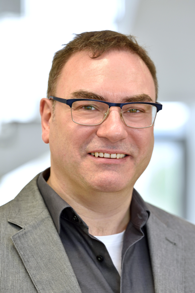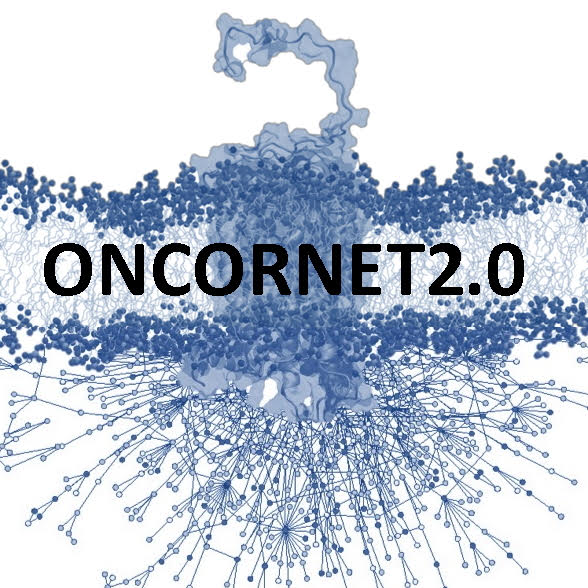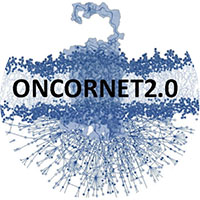Universitätsklinikum Jena


Webpage: https://www.uniklinikum-jena.de/zellbiologie/en/
General description
The research activities in the Institute of Molecular Cell Biology are aimed to contribute to the understanding of the complex functioning of signalling proteins. Signalling proteins exhibit relay functions between the molecular components and the complex phenotype of organisms. Using biochemical approaches, techniques of cell biology and physiology, and imaging techniques, the research groups of the institute investigate molecular reactions of selected signalling proteins in correlation with the concomitant functional pattern of cells and organisms.
Key research facilities, infrastructures and equipment
The institute of molecular cell biology is a fully equipped state of the art research facility with permission to work at bio safety level S1 and S2 as well as the permission to work with radioactivity and animals. In 2019 our new high-end confocal microscope was purchased (Leica SP8 with lightning module, co-funded by EFRE Thüringen). High-end FRET and BRET plate reader (96 and 384 well format) are available. Further high-end imaging setups will be available soon. Currently 35 people work in the institute of molecular cell biology, among them 12 PhD students.
Prof. Dr. Carsten Hoffmann studied Chemistry with an emphasis on Biochemistry at the University of Bremen and obtained his PhD 1996. After a three years PostDoc at the NIH in Bethesda he moved to the University of Wuerzburg in 2000 and joined the department of Pharmacology and Toxicology. In 2012 he was appointed as a Professor at the Rudolf-Virchow-Center/Bio-Imaging center of the University of Wuerzburg. In April 2017 he was appointed as the director of the institute of molecular cell biolgoy of the University Hospital Jena. The research focuses on elucidating the kinetics of signaling events in real-time and living cells. Of particular interest are activation mechanisms of G protein-coupled receptors. Especially my group is interested to understand how activation associated protein conformational change relate to signaling via G-proteins and/or arrestins. The institute applies a wide array of different biochemical, chemical-biology, biophysical, and genetic techniques (CRISPER/Cas9) and combines them with high-end microscopy technologies. Using this combination allows us to observe how an activated GPCR dynamically binds arrestin (or other GPCR-interacting proteins) and regulates this specific interaction in space and time. Of particular interest is the utilization of this knowledge to translational research for an improvement of current patient treatment.
website: https://www.uniklinikum-jena.de/zellbiologie/en/Staff.html

Dr. Julia Drube studied Biochemistry at the University of Jena and obtained her PhD in 2018. She has a strong expertise in CRISPR/Cas9 technology and cancer signalling. She will strongly support this project with her research expertise to decipher the contribution of GRKs to receptor phosphorylation.
website: https://www.uniklinikum-jena.de/zellbiologie/en/Staff.html

Follow us on
Contact details
Please contact us at:
e.v.langemeijer@vu.nl
ONCORNET Coordinator
Vrije Universiteit Amsterdam




